

Top billed cast
Françoise AttaixSelf
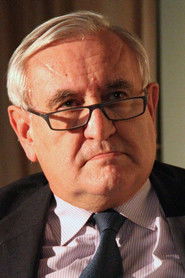 Jean-Pierre RaffarinSelf
Jean-Pierre RaffarinSelf Jean-Louis BourlangesSelf
Jean-Louis BourlangesSelf Laurent JoffrinSelf
Laurent JoffrinSelf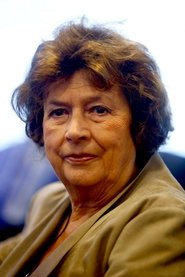 Michèle CottaSelf
Michèle CottaSelfDaniel PouzadouxSelf
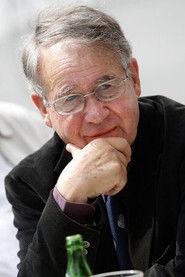 Pierre JuquinSelf
Pierre JuquinSelfYves CarrouéSelf
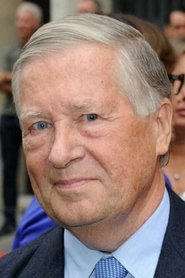 Alain DuhamelSelf
Alain DuhamelSelfJean-Claude BigaySelf
Similar to Giscard, l'impossible retour

Visions of Europe (2004)
Twenty-five films from twenty-five European countries by twenty-five European directors.

Africa Rising (2019)
How African artists have spread African culture all over the world, especially music, since the harsh years of decolonization, trying to offer a nicer portrait of this amazing continent, historically known for tragic subjects, such as slavery, famine, war and political chaos.
Re-Electing Lincoln (2020)
Leading Lincoln historian Harold Holzer masterfully recalls a dramatic Presidential Election that redefined racial politics and changed the course of history.
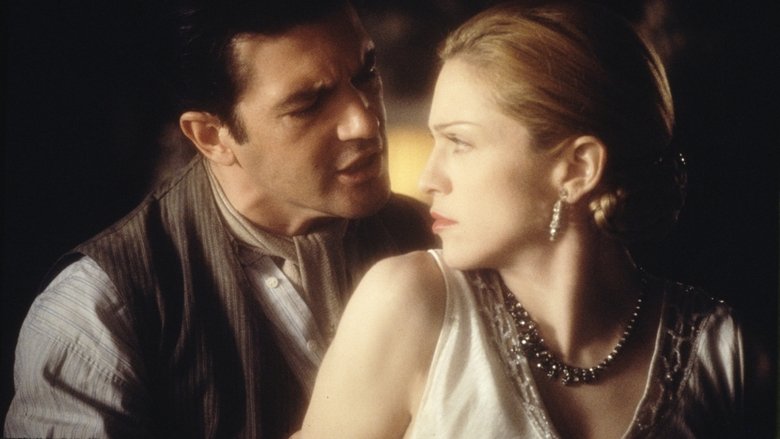
Evita (1996)
The hit musical based on the life of Evita Duarte, a B-movie Argentinian actress who eventually became the wife of Argentinian president and dictator Juan Perón, and the most beloved and hated woman in Argentina.
Brytpunkt-87 (1987)
An examination of the music life in Stockholm and Gothenburg, what is the same and what is different?
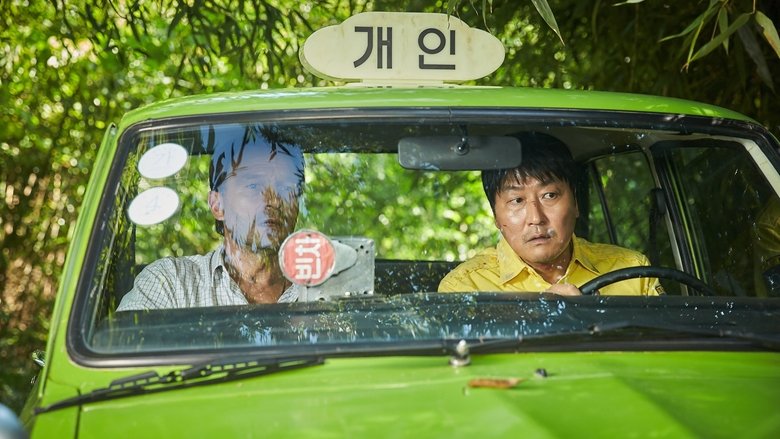
A Taxi Driver (2017)
May, 1980. Man-seob is a taxi driver in Seoul who lives from hand to mouth, raising his young daughter alone. One day, he hears that there is a foreigner who will pay big money for a drive down to Gwangju city. Not knowing that he’s a German journalist with a hidden agenda, Man-seob takes the job.

1987: When the Day Comes (2017)
In 1987 Korea, under an oppressive military regime, a college student gets killed during a police interrogation involving torture. Government of officials are quick to cover up the death and order the body to be cremated. A prosecutor who is supposed to sign the cremation release, raises questions about a 21-year-old kid dying of a heart attack, and he begins looking into the case for truth. Despite a systematic attempt to silence everyone involved in the case, the truth gets out, causing an eruption of public outrage.
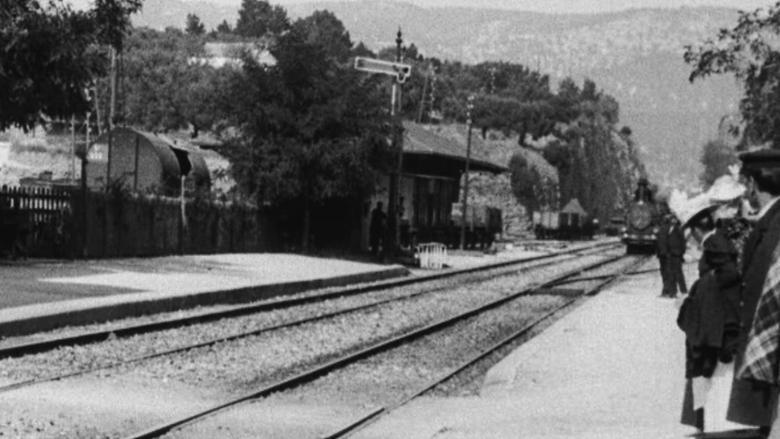
The Arrival of a Train at La Ciotat (1896)
A group of people are standing along the platform of a railway station in La Ciotat, waiting for a train. One is seen coming, at some distance, and eventually stops at the platform. Doors of the railway-cars open and attendants help passengers off and on. Popular legend has it that, when this film was shown, the first-night audience fled the café in terror, fearing being run over by the "approaching" train. This legend has since been identified as promotional embellishment, though there is evidence to suggest that people were astounded at the capabilities of the Lumières' cinématographe.
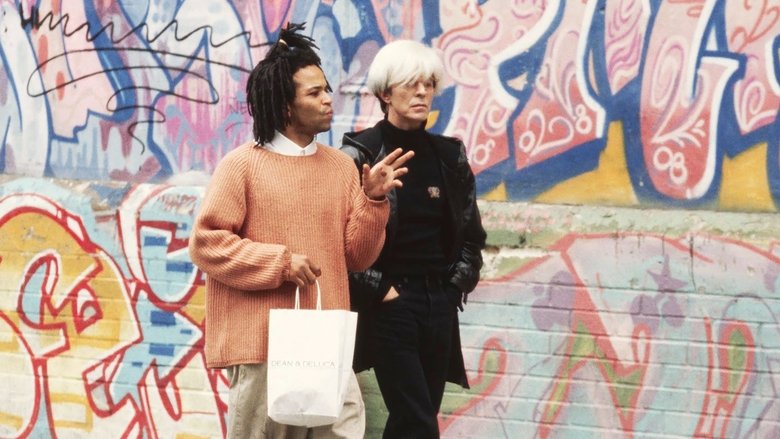
Basquiat (1996)
The brief life of Jean Michel Basquiat, a world renowned New York street artist struggling with fame, drugs and his identity.
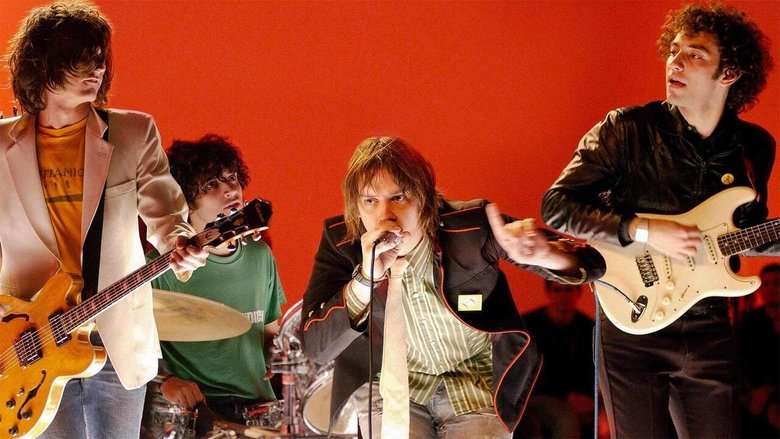
The Strokes: MTV $2 Bill Concert (2002)
The seminal live performance by The Strokes, performing on a brightly lit-stage before an intimate audience at Zoetrope Studios in Los Angeles.
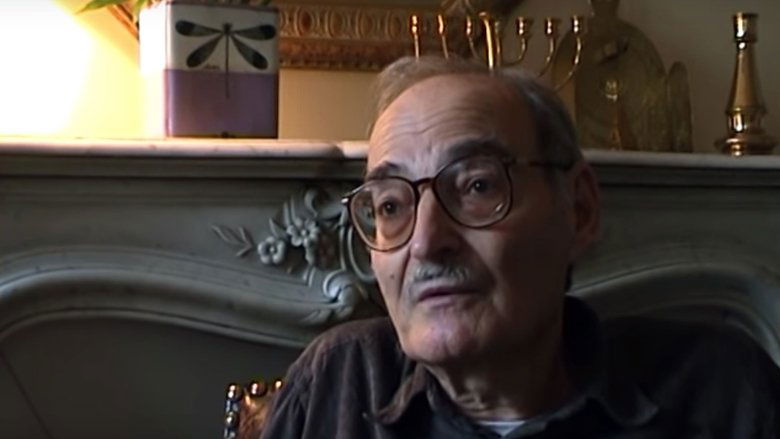
East-West Passage (2010)
In the summer of 1989 tens of thousands of tourists from communist East Germany came to Hungary. They were deeply disillusioned because they felt they had no future in East Germany. There was no freedom, no choice in the shops, salaries were low and they could not travel except to Eastern Europe. They wanted to go to a prosperous and free West Germany but they could not get passports, so they hoped that by travelling through Hungary, the least suppressed country of the Soviet Block, they could cross the Iron Curtain into Austria and then travel on into West Germany. For them the Hungary of twenty years ago was the new east-west passage. Written by Czes
The King Without a Crown (1937)
This short explores the possibility that Louis XVII, son of King Louis XVI and Marie Antoinette, escaped death during the French Revolution and was raised by Indians in America.
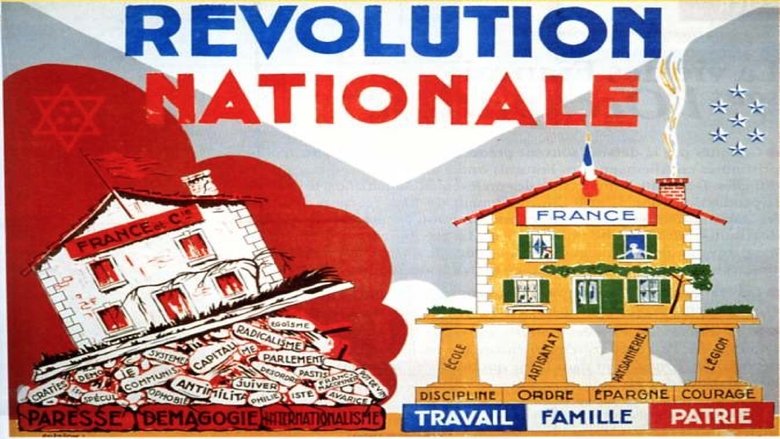
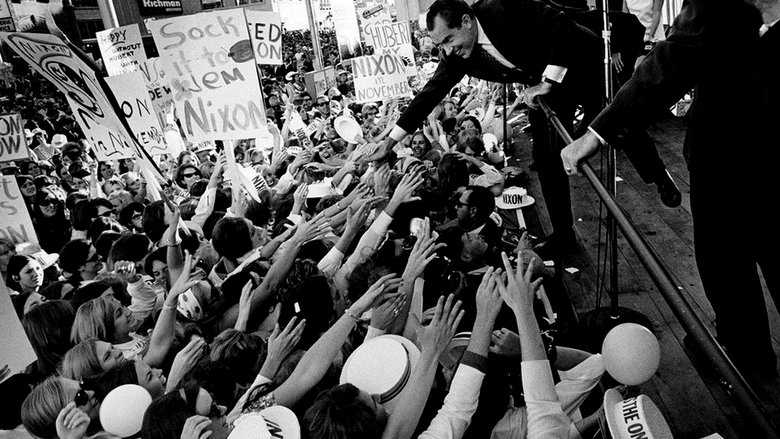
Duel for the White House (2016)
A retrospective on the great election battles of the past in the United States: the Kennedy-Nixon debate in 1960, the first ever to be televised; the Republican campaign of 1972, which proved to be the starting point for the Watergate scandal; and the electoral strategy of Barack Obama in 2008, the first election to fully exploit the potential of the Internet.
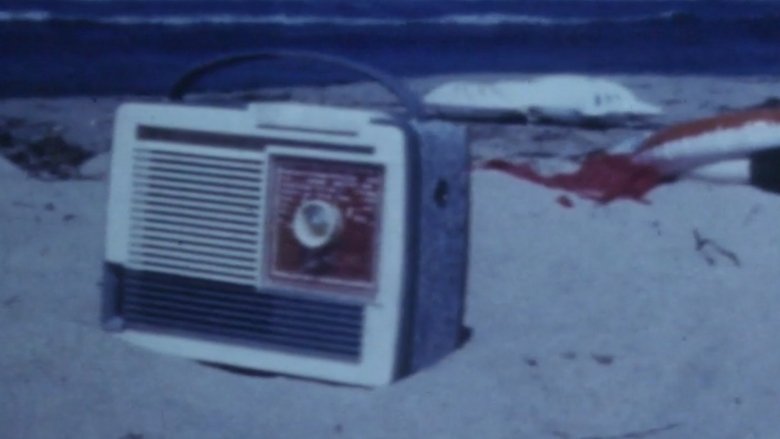
Rester là-bas (1992)
Algiers. From the port to the souks, passing through the Jardin d'Essai, Dominique Cabrera transports us to the land where she was born, on the other side of the Mediterranean "where the sea is saltier". If most of the pieds-noirs left Algeria in the summer of 1962, some -a minority- remained. By going to meet them, the director makes her own inner journey.
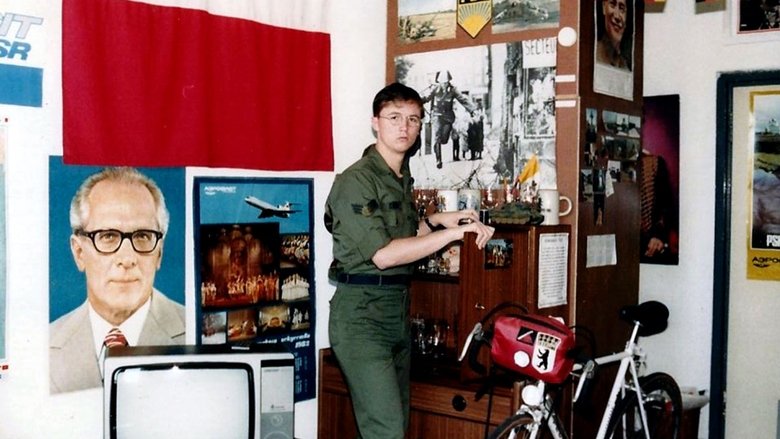
The 1984 Los Angeles Comedy Competition With Host Jay Leno (1991)
"The 1984 Los Angeles Comedy Competition with Host Jay Leno," the first stand up comedy special featuring Jay Leno with 25 minutes of never-before-seen footage of Leno's classic comedy club. act that made him a star. The show took an "American Idol" approach to stand-up comedy with Jay Leno hosting a competition that features competing stand up comics Ray Combs, Howie Gold, Jeff Gerbino and Steve Oedekerk performing in front of a live crowd and a panel of celebrity judges that includes funnyman Fred Willard.
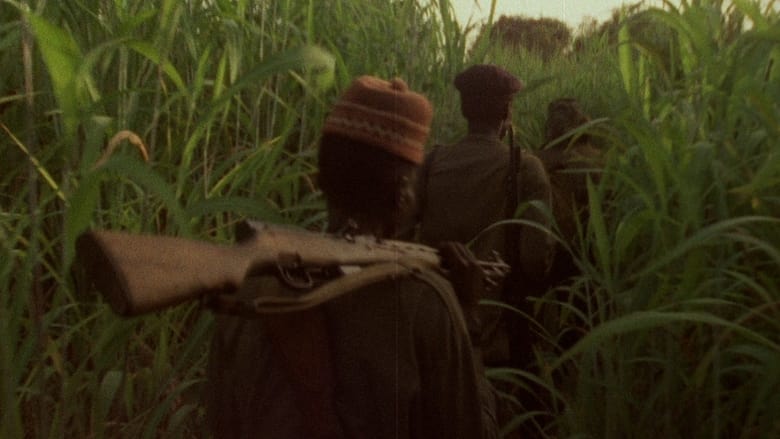
Concerning Violence (2014)
Concerning Violence is based on newly discovered, powerful archival material documenting the most daring moments in the struggle for liberation in the Third World, accompanied by classic text from The Wretched of the Earth by Frantz Fanon.
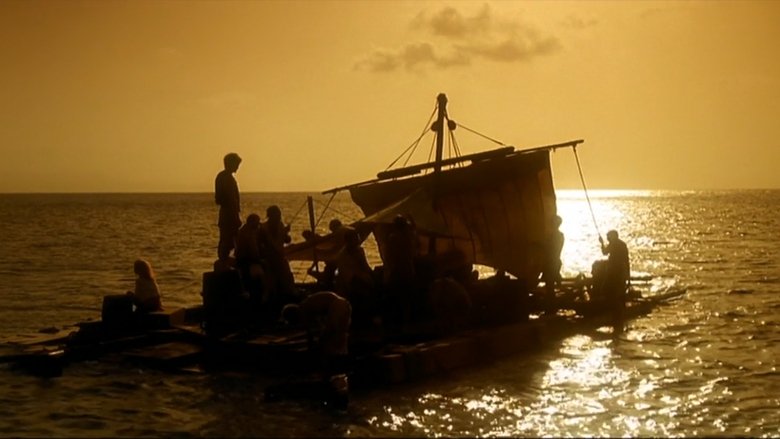
Le radeau de la Méduse (1998)
Iranian Iradj Azimi directed this French historical drama re-creating events depicted in the famous 1819 painting The Raft of the Medusa by Jean Louis Andre Theodore Gericault (1791-1824). The ill-fated voyage of the frigate Medusa begins when it departs Rochefort for Senegal in 1816. After striking a sandbar off the African coast, 150 civilians row safely to shore, but Captain Chaumareys (Jean Yanne) orders 140 soldiers and sailors onto a raft (minus supplies) and has it cut loose. Only 14 survive from the 140, creating a scandal back in France. Gericault (Laurent Terzieff) later talks to three of the survivors while researching his painting. Work on this film began in 1987, but sets destroyed by Hurricane Hugo caused delays, so the film was not completed until 1990. However, it then remained undistributed until an incident in which writer-director Azimi slashed his wrists in front of French Ministry of Culture officials.